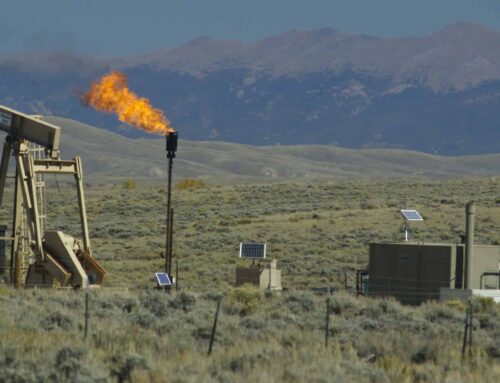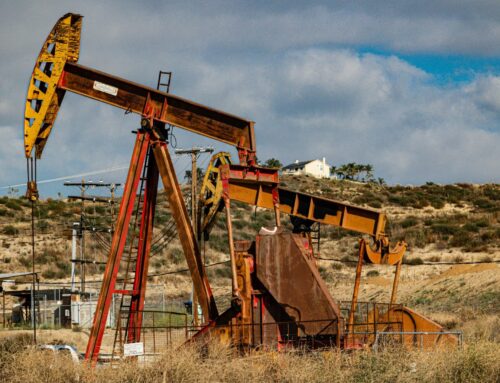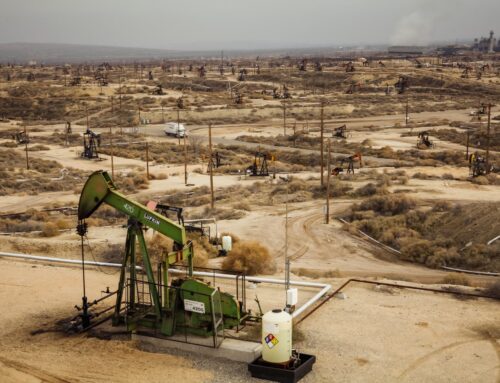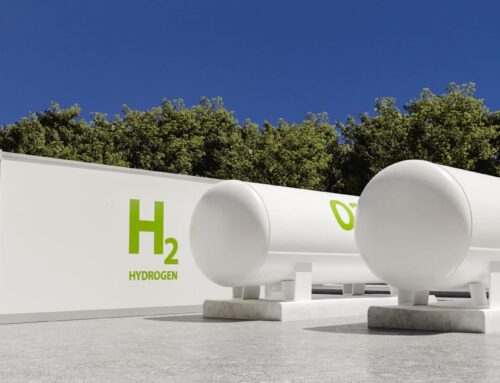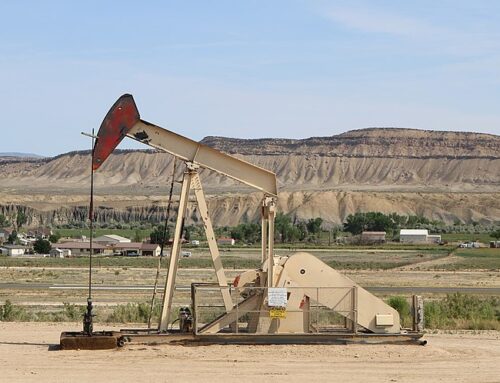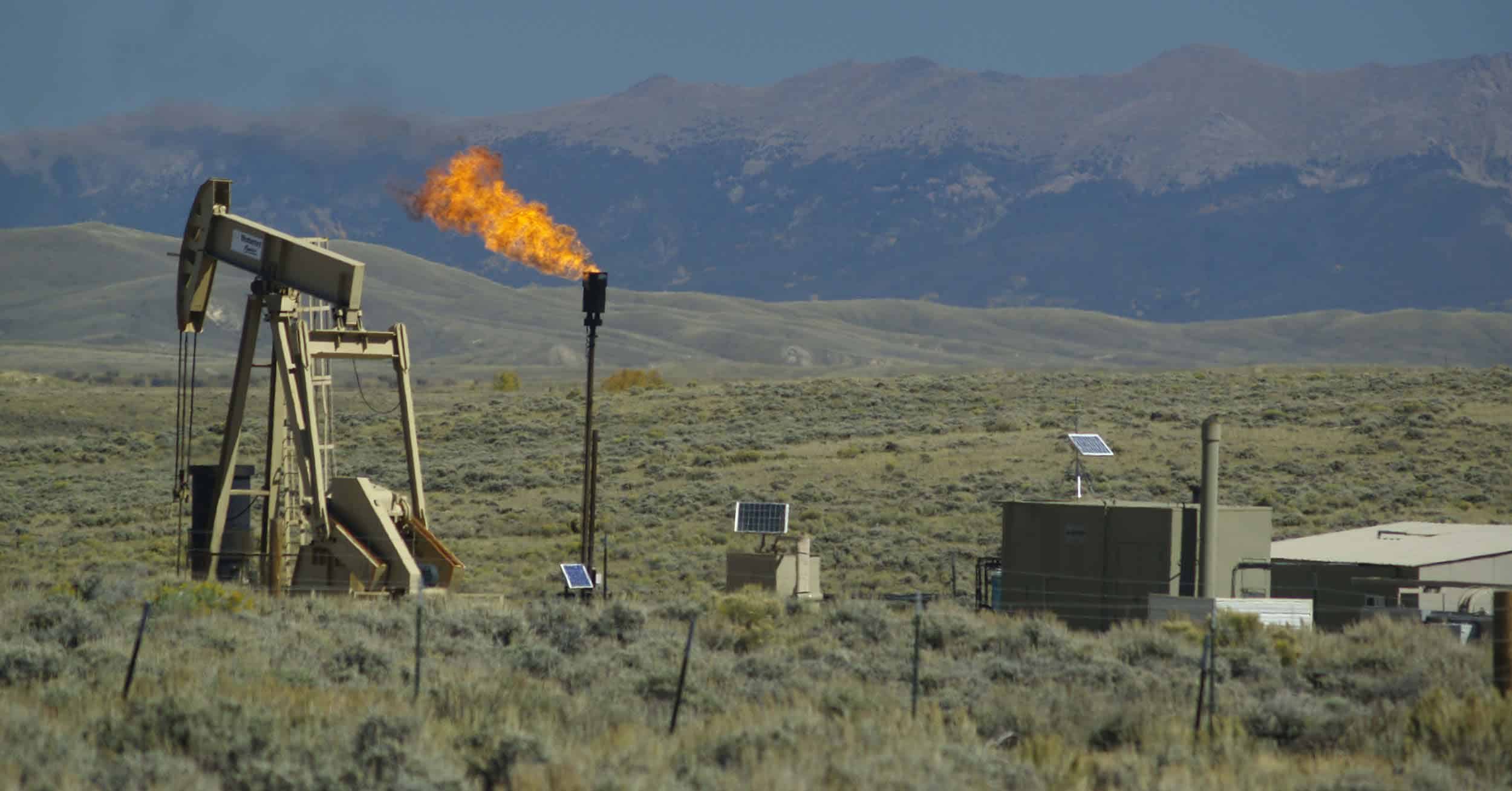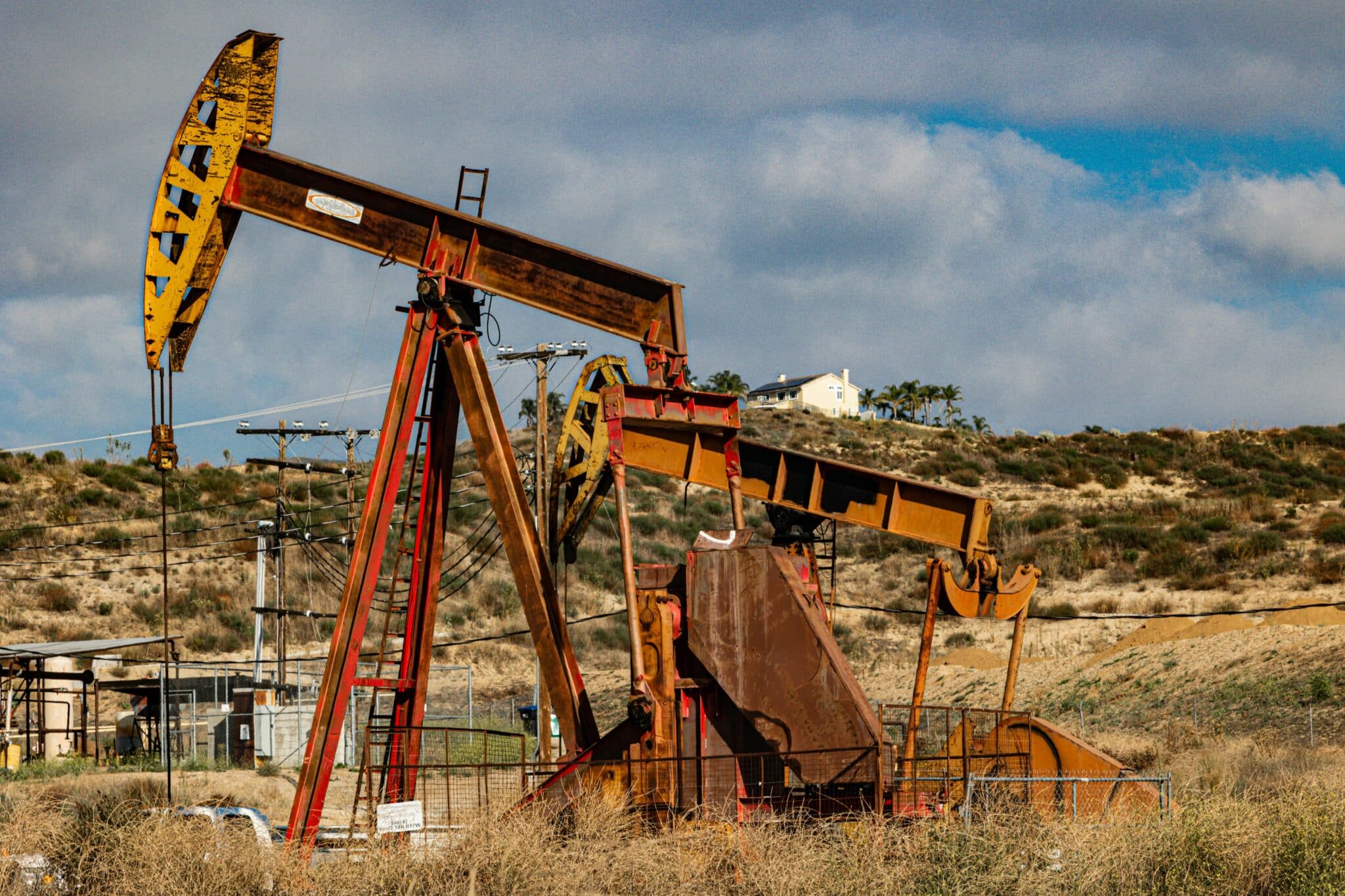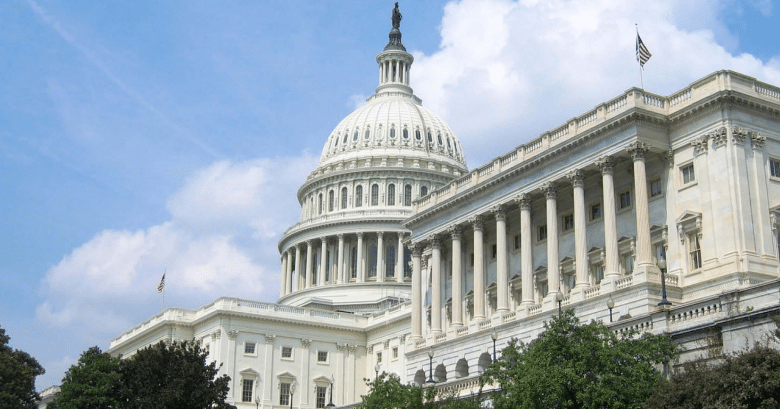The 2,135 pages of legislation in the House-passed Build Back Better Act (H.R. 5376) and the Senate Finance Committee’s updated portion of the bill include many measures intended to fight climate change, such as energy efficiency and electric vehicle tax credits. A price on carbon, however, is not one of the measures to make the cut. But many, including TCS, would like to see a price on carbon included in the final package because it is the most efficient way to curtail climate change-driving emissions.
Carbon Pricing
Putting a price on carbon is intended to make market transactions reflect the otherwise “hidden” costs of carbon emissions. This is a classic example of a Pigouvian tax, a tax meant to make firms and individuals account for “negative externalities,” or costs borne by others currently ignored in market transactions. In this case, prices for products or services that release carbon into the atmosphere do not account for the future costs and long-term liabilities of climate change, such as extreme weather events and rising sea levels. By putting a price on carbon, these “hidden” social costs are incorporated in the market price of carbon-emitting products. A price on carbon could either be imposed “upstream” on the production of goods that, when consumed, will release carbon, or “downstream” on actual emissions.
Some 64 governments worldwide, including several U.S. states, have established a price on carbon, either through direct taxes on fossil fuels or through cap-and-trade programs. In the U.S., a carbon tax or emissions fee is typically favored over the more complex cap-and-trade system. According to the Congressional Budget Office (CBO), a carbon tax would help the country meet a long-term emissions target at a lower cost than a comparable emissions cap framework. It would also enable policymakers to better balance the policy’s costs with the anticipated benefits of reduced emissions.
Another benefit of a carbon tax is its potential to generate significant revenue for other policy priorities. Although revenue projections depend on the specific design of a carbon tax and estimated future market conditions, most studies conclude a carbon tax would generate billions of dollars in federal revenue each year. In a December 2020 report, the staff of the Joint Committee on Taxation (JCT) and CBO estimated that implementing a carbon tax of $25 per metric ton in 2021 that rises at an annual real rate of 5 percent would increase federal revenues by $1.0 trillion over 10 years.
A Carbon Tax in the U.S.
The political potential for a carbon tax has been growing in the U.S. over the last decade. Over the past two years, members of Congress have proposed a carbon tax 15 times, with rates ranging from $15 to $59 per ton of carbon dioxide equivalent, CO2e.
One notable measure proposed was H.R. 763, which was introduced by Rep. Theodore Deutch (D-FL) in September 2019 and attracted bipartisan support. The legislation would have established a $15 per metric ton fee on carbon dioxide emissions for producers or importers of coal, petroleum, and natural gas. The fee would have increased by $10 plus inflation each year or more if greenhouse gas emissions did not decline in line with the legislation’s goal of five percent emissions reductions per year. The Center on Global Energy Policy estimated that within the first year, federal revenue would have increased by $72 to $75 billion. Over the following decade, the report estimated federal revenue would have increased by $403 to $422 billion. Although the legislation did not pass, it was reintroduced in the House in April 2021 as H.R. 2307.
Even oil and gas companies are doubling down on the idea of a carbon tax. In response to a leaked video of an ExxonMobil lobbyist claiming the company’s support for a carbon tax was just a talking point, CEO Darren Woods recently testified in front of Congress that “ExxonMobil also has supported a carbon tax for years” and that “adopting a carbon price would send a clear signal to the market, creating powerful incentives to reduce emissions for businesses and individuals alike.” Executives from Chevron, BP, and Shell have all made similar statements in support of a carbon tax or carbon pricing more generally.
And carbon pricing is no longer a strictly partisan policy. In past years, carbon tax legislation has received support from Democratic and Republican lawmakers. In 2019, Representatives Francis Rooney (R-FL) and Dan Lipinski (D-IL) cosponsored legislation that would have imposed a $30 per metric ton fee on producers and importers of coal, petroleum, and natural gas. Other Republicans, including Senators Mitt Romney (R-UT), Lindsey Graham (R-SC) and Lisa Murkowski (R-AK), have all expressed openness to carbon pricing.
But openness to carbon pricing is a long way away from concrete proposals, especially for inclusion in a politically delicate piece of legislation like the Build Back Better Act.
Carbon Tax in the Build Back Better Act
There has been a lot of talk about including a carbon tax in the Build Back Better Act, but at this point it seems very unlikely to make the cut. Earlier this year, Senator Ron Wyden (D-OR), the chairman of the Senate Finance Committee, confirmed that the Senate majority leader Chuck Schumer (D-NY) asked him to craft legislation that would put a price on carbon emissions.
However, when the Senate Finance Committee unveiled the updated text for their portion of the legislation on December 11th, many were surprised to see that a carbon tax was not included. Committee Member Senator Sheldon Whitehouse (D-RI) has claimed to have the support of 49 senators for the inclusion of a carbon tax, but Senator Joe Manchin (D-WV) has continued his longtime public opposition to the idea.
Even if there is no carbon tax in this legislation, there are provisions taxpayers should be optimistic about; provisions that will raise revenues and give taxpayers a fair return on public assets. One of which is a methane fee, which would ensure taxpayers receive royalties on all extracted methane from federal lands and the Outer Continental Shelf, including instances when methane is vented or flared on lease, except for emergencies. TCS has long advocated for an end to methane waste and called for royalties to be charged on gas that is leaked, vented, or flared from federal lands.
Taxpayers for Common Sense has supported putting a price on carbon since our founding in 1995. We believe there are compelling economic, fiscal, and tax policy considerations that support implementing a carbon tax and that it is the best way to efficiently and quickly drive down emissions. As climate related liabilities continue to grow, a carbon tax has the potential to reduce those liabilities while raising much needed revenue.

